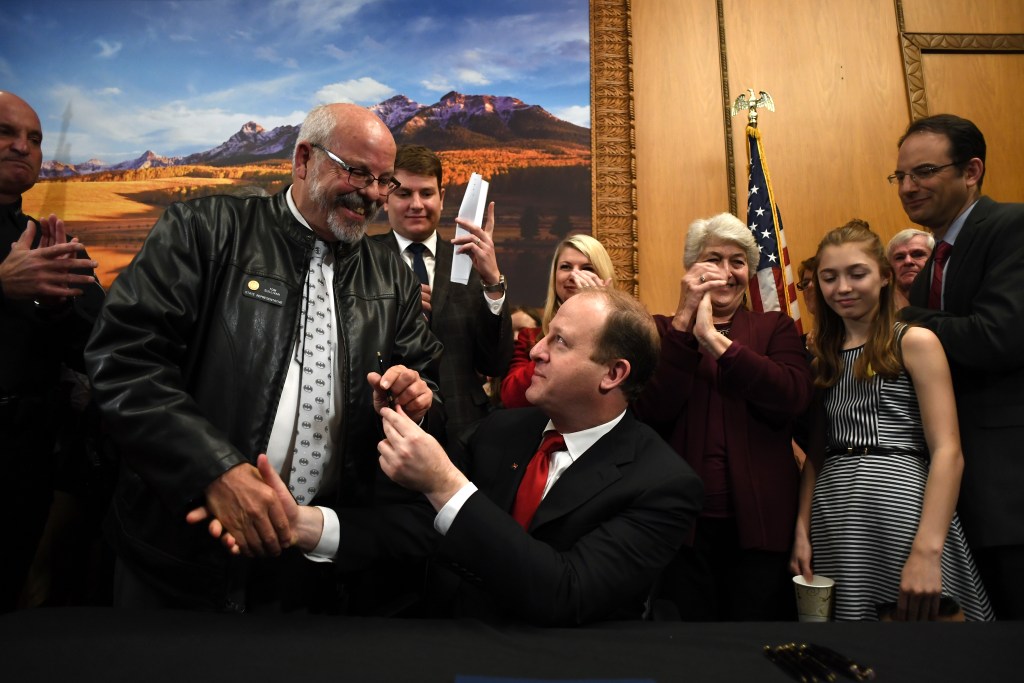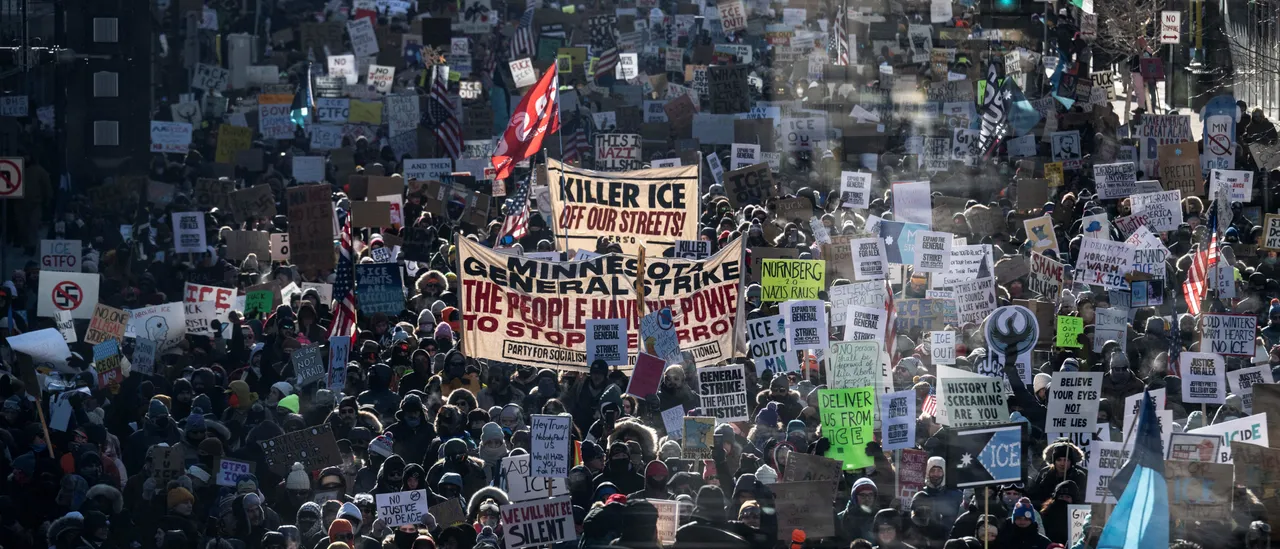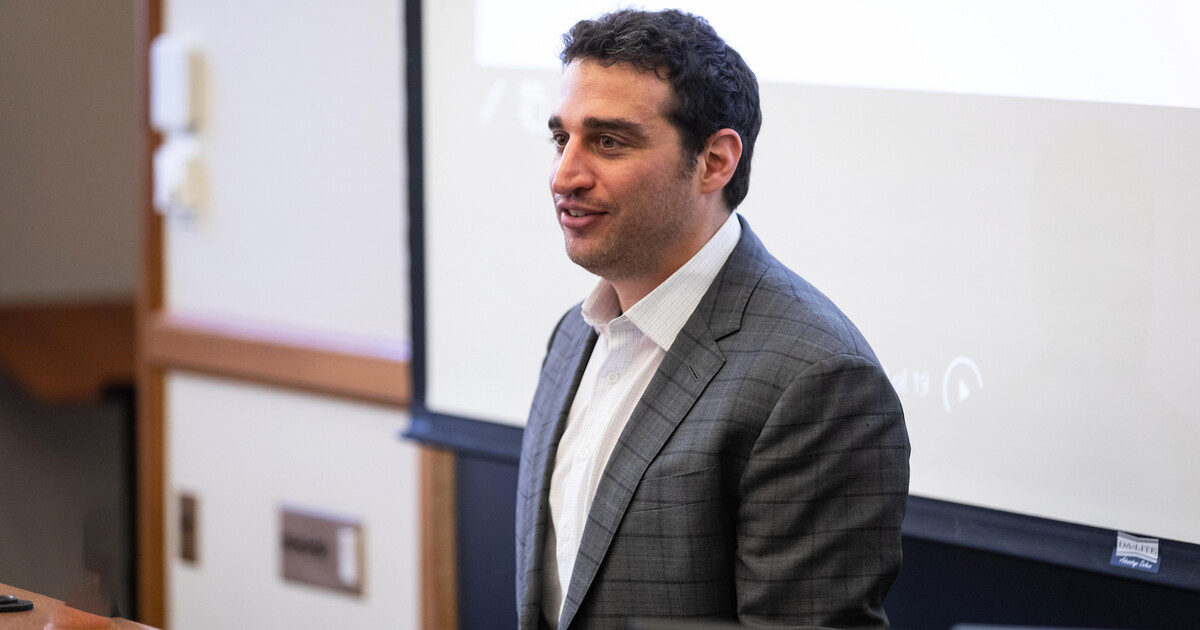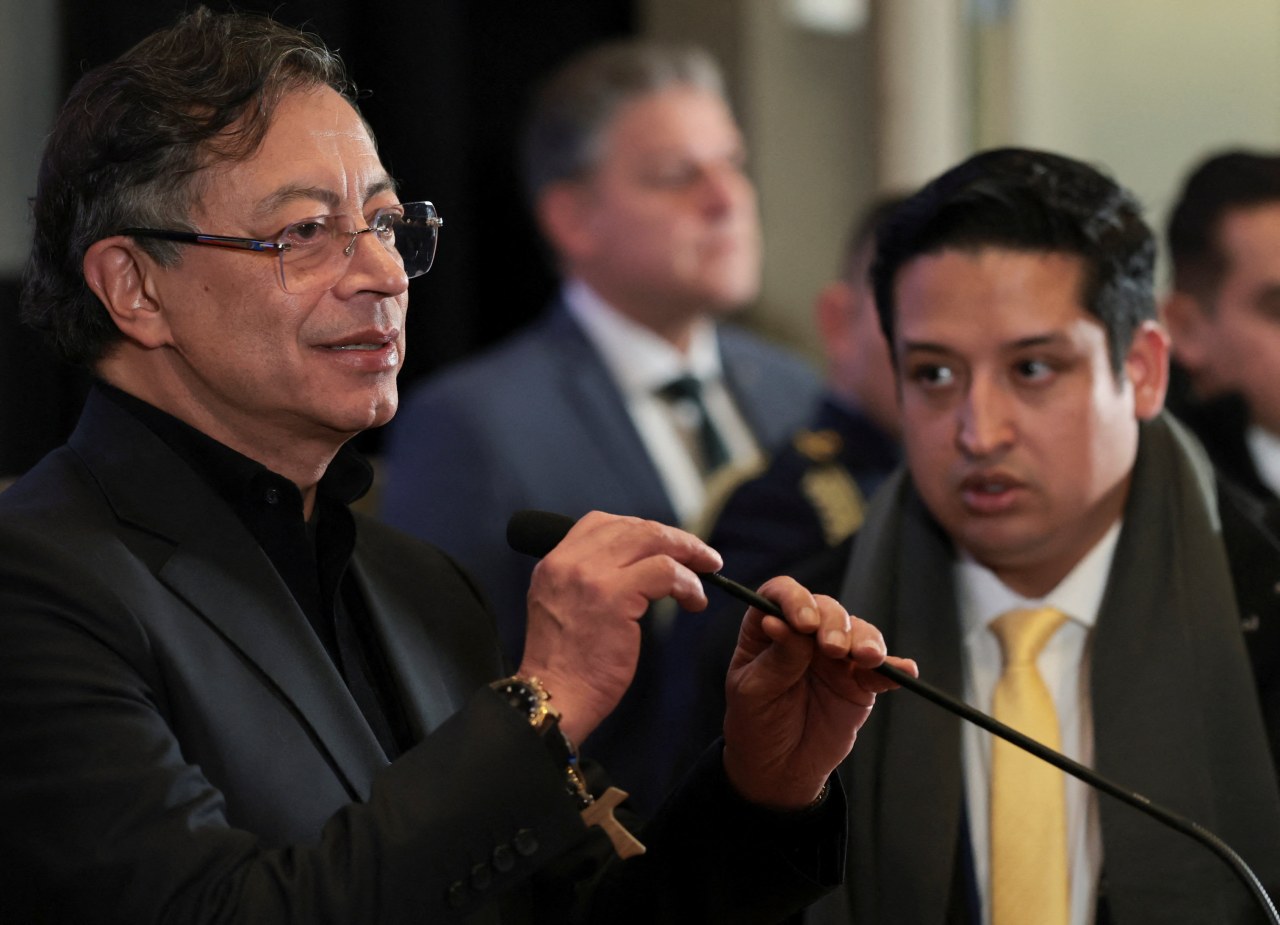
Since the tragic shooting at the Aurora movie theater on July 20, 2012, Colorado has implemented a series of significant gun laws aimed at enhancing public safety. Over the past dozen years, lawmakers have introduced numerous regulations, particularly in the last five legislative sessions, influenced by several high-profile mass shootings.
The Aurora shooting, which resulted in the deaths of 12 people and injuries to over 70, became a pivotal moment in Colorado’s approach to gun legislation. Just months later, on December 14, 2012, the Sandy Hook Elementary School shooting in Newtown, Connecticut, further intensified the national conversation around gun control, claiming the lives of 20 first-grade students and six educators.
In response to these incidents, then-Governor John Hickenlooper signed three landmark gun laws on March 20, 2013. These included a limit of 15 rounds for firearm magazines, a requirement for universal background checks, and the introduction of a fee for gun buyers to support the background check process. This legislative move sparked significant backlash, leading to the recall of two Democratic state senators on September 10, 2013, fueled by gun-rights advocates.
The political landscape shifted in November 2014 when Republicans regained control of the state Senate, ending the Democratic trifecta in state government. This period saw a series of mass shootings nationwide, including the Pulse nightclub shooting in Orlando on June 12, 2016, and the Las Vegas shooting on October 1, 2017, which collectively intensified calls for reform.
On February 14, 2018, a former student killed 17 people at Marjory Stoneman Douglas High School in Parkland, Florida. This event reignited discussions around gun control, and in November 2018, Colorado Democrats reclaimed a majority in the state Senate as Jared Polis was elected governor.
As the legislative session unfolded, Polis signed the extreme risk protection order bill on April 12, 2019. Known as the red-flag law, it allows judges to temporarily confiscate firearms from individuals deemed a danger to themselves or others. The tragic shooting at a King Soopers grocery store in Boulder on March 22, 2021, which resulted in 10 deaths, prompted further legislative action.
During the 2021 session, Colorado lawmakers enacted five new gun laws, including mandatory storage requirements for firearms, expanded background checks, and provisions for local jurisdictions to impose stricter gun regulations. The violence continued with a shooting at a birthday party in Colorado Springs on May 9, 2021, where six individuals lost their lives.
In the 2022 legislative session, lawmakers passed a law prohibiting the open carrying of firearms within 100 feet of polling places, a response to growing concerns about election-related violence. This was followed by the tragic shooting at Club Q, an LGBTQ+ nightclub in Colorado Springs, on November 19, 2022, which left five people dead and 22 injured.
The legislative session of 2023 saw the introduction of four new gun laws, including a three-day waiting period for firearm purchases and raising the minimum age to 21 for purchasing firearms. These laws also expanded the criteria for filing extreme risk protection orders and banned the sale of unserialized firearms, known as ghost guns.
As Colorado entered the 2024 legislative session, lawmakers and Governor Polis enacted seven new laws, which included new training requirements for concealed-carry permits and establishing a merchant code to track firearm sales. They also introduced a new tax on firearms and ammunition, which was approved by voters with a margin of 54%-46%.
The 2025 legislative session continued this trend, with seven additional gun laws passed. These included making the theft of a firearm a felony, setting the minimum age at 21 for purchasing ammunition, and expanding enforcement capabilities for the Department of Revenue regarding firearms dealers.
As the state navigates its complex relationship with gun legislation, the evolving laws reflect a response to both community concerns and the ongoing challenge of gun violence. Colorado’s legislative history illustrates a commitment to addressing public safety while navigating the political landscape surrounding gun rights.






